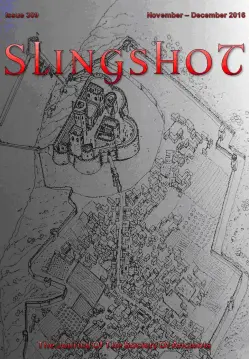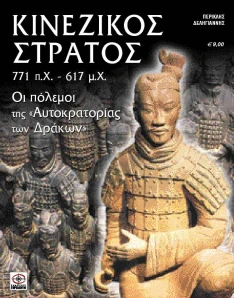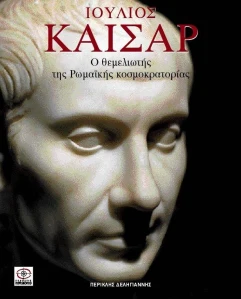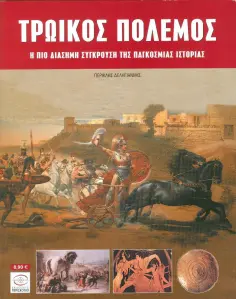Source: Stanford University
 The Teutonic Order’s Marienburg Castle, Monastic state of the Teutonic Knights, now Malbork, Poland
The Teutonic Order’s Marienburg Castle, Monastic state of the Teutonic Knights, now Malbork, Poland
.
By Melissa Pandika
Stanford Assistant Professor Krish Seetah and Reading University student Rose Calis analyze animal bones in the basement of Riga Castle, Latvia. (Photo: Aleks Pluskowski)
Stanford researchers have discovered that pagan villages plundered by medieval knights during the little-known Baltic Crusades had some problems in common with the modern-day global village.
Among them: deforestation, asymmetric warfare and species extinction.
According to a research paper published in Science, a project investigating the Baltic Crusades’ profound environmental legacy could yield valuable insight into colonialism, cultural changes and ecological exploitation – relevant issues not only throughout history, but especially in today’s increasingly globalized society.
The researchers, including professors at Stanford and in Europe, are drawing from disciplines as disparate as history and chemistry to analyze their findings, which they’ve already begun synthesizing into a database of unprecedented depth and scope.
Their study spans the years from the 12th century to the 16th century, when the Teutonic Order, a Germanic brotherhood of Christian knights, waged war against the last indigenous pagan societies in Europe in a region that includes modern-day Poland, Lithuania, Latvia, Estonia, Belarus and parts of Sweden and Russia.
More










